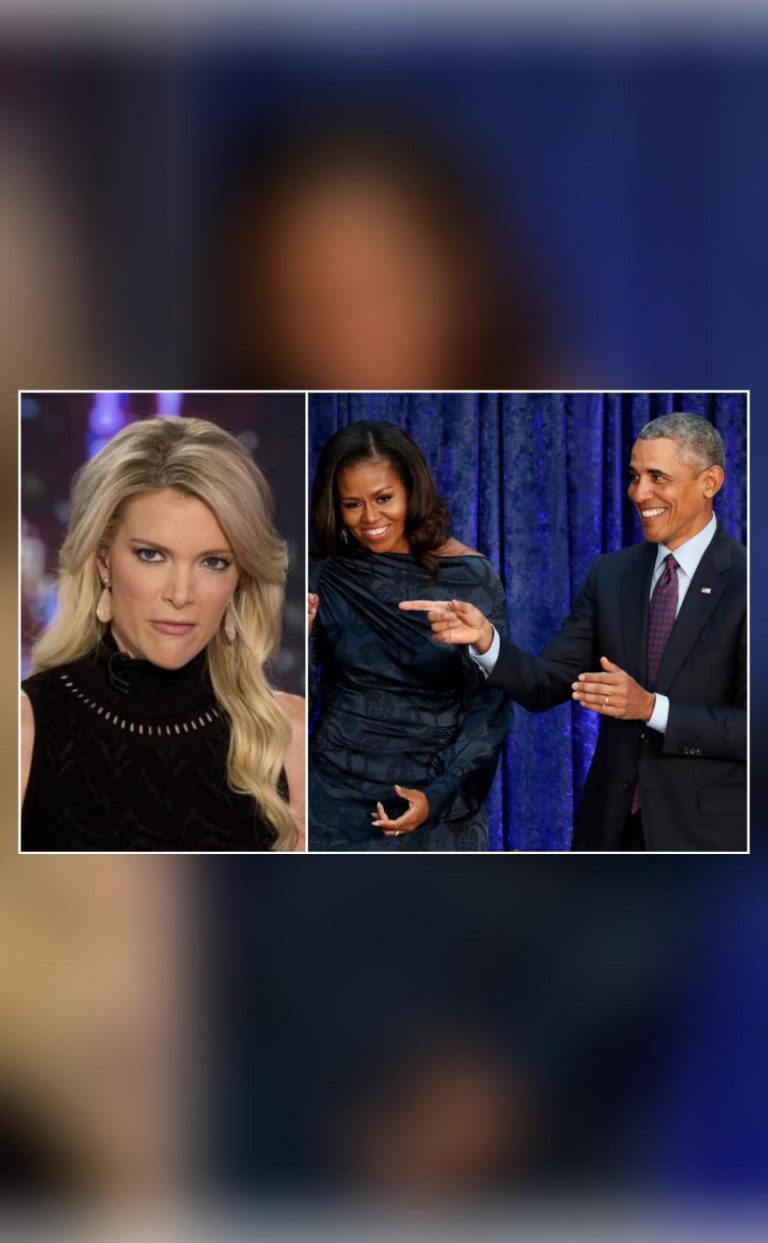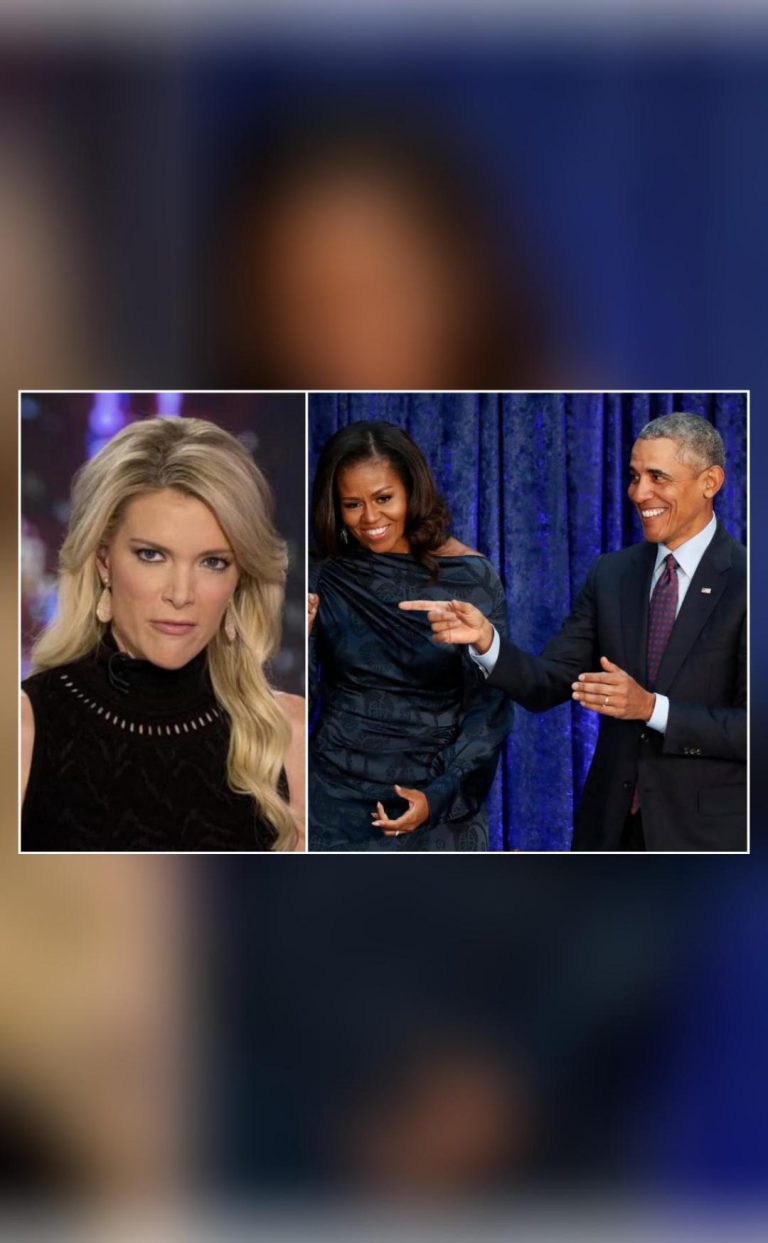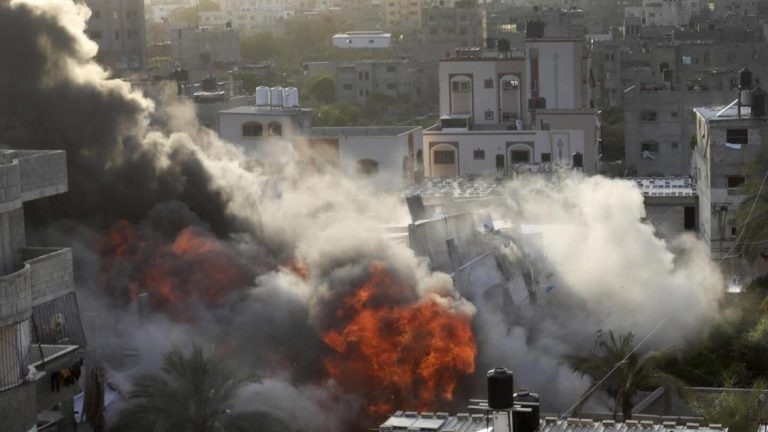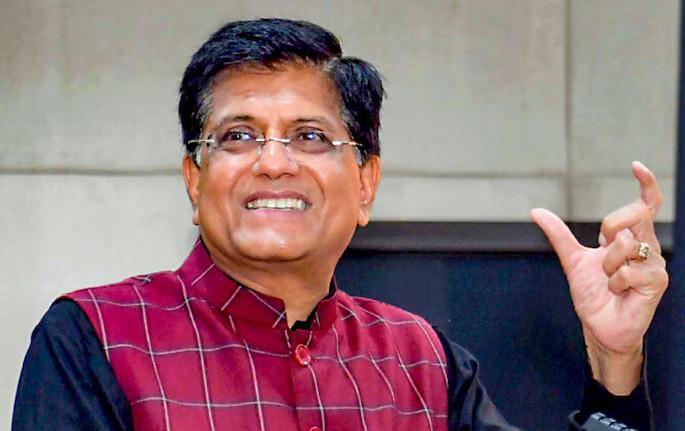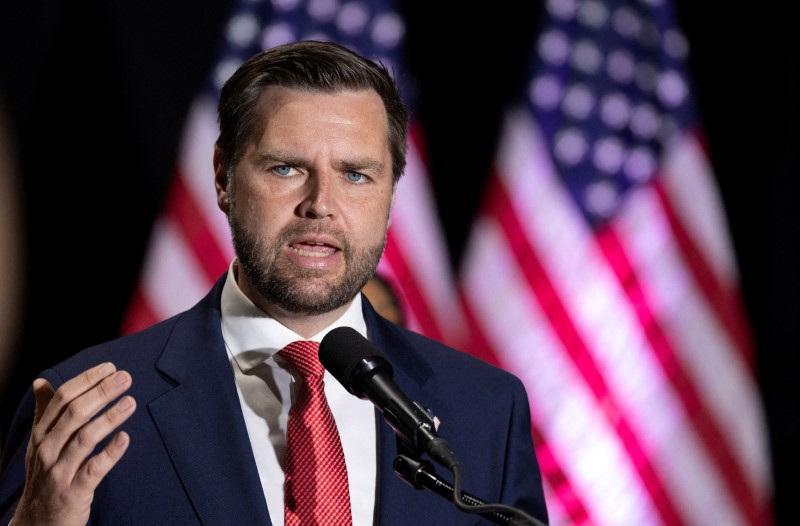
Never Named France, Britain in Ukraine Troops’ Comment: JD Vance
US Vice-President JD Vance has denied targeting France and Britain with his recent remarks on military abilities of countries backing the European peacekeeping force in Ukraine. The controversy began when Vance made a comment about “20,000 troops from a random country” with no war experience in decades, sparking backlash from politicians in London and Paris.
The statement was made during a recent public appearance, where Vance was discussing the ongoing conflict in Ukraine. His remarks were met with widespread criticism from European leaders, who felt that the US Vice-President was unfairly tarnishing the reputation of their countries’ military forces.
However, in a subsequent statement, Vance clarified that he did not intend to target France and Britain specifically. “Both UK and France fought bravely alongside US,” Vance posted on social media. “I was simply highlighting the importance of combat experience in a real-world conflict, not singling out any particular country.”
The controversy surrounding Vance’s comments has raised questions about the role of military experience in modern warfare. Some argue that combat experience is essential for troops to be effective in a real-world conflict, while others believe that it is not as important as other factors such as training and equipment.
The debate has also highlighted the complex relationships between the US and its European allies. While the US and Europe have a long history of cooperation and military partnerships, there are also significant differences in their military cultures and approaches to conflict.
The French and British military forces have a long and storied history of combat experience, with both countries having fought in numerous conflicts around the world. The French military has fought in conflicts such as World War I and World War II, as well as more recent conflicts in the Middle East and Africa.
The British military has also fought in numerous conflicts, including World War I and World War II, as well as more recent conflicts in the Middle East and Afghanistan. Both countries have a proud tradition of military service and a strong sense of national identity tied to their armed forces.
In contrast, some European countries that are not typically associated with combat experience, such as Sweden and Finland, have also contributed troops to the European peacekeeping force in Ukraine. These countries have a long history of neutrality, but have in recent years taken on a more active role in international peacekeeping and conflict resolution.
The controversy surrounding Vance’s comments has also highlighted the importance of diplomacy and communication in international relations. The US and its European allies have a long history of cooperation and collaboration, but there are also significant cultural and language barriers that can sometimes lead to misunderstandings and miscommunications.
In conclusion, the controversy surrounding JD Vance’s comments on military experience in Ukraine has highlighted the complex relationships between the US and its European allies. While Vance did not intend to target France and Britain specifically, his remarks sparked a wider debate about the role of military experience in modern warfare and the importance of diplomacy and communication in international relations.
As the conflict in Ukraine continues to unfold, it is essential that world leaders prioritize diplomacy and communication to avoid misunderstandings and miscommunications. It is also important to recognize the valuable contributions that all countries, regardless of their military experience, can make to international peacekeeping and conflict resolution.
